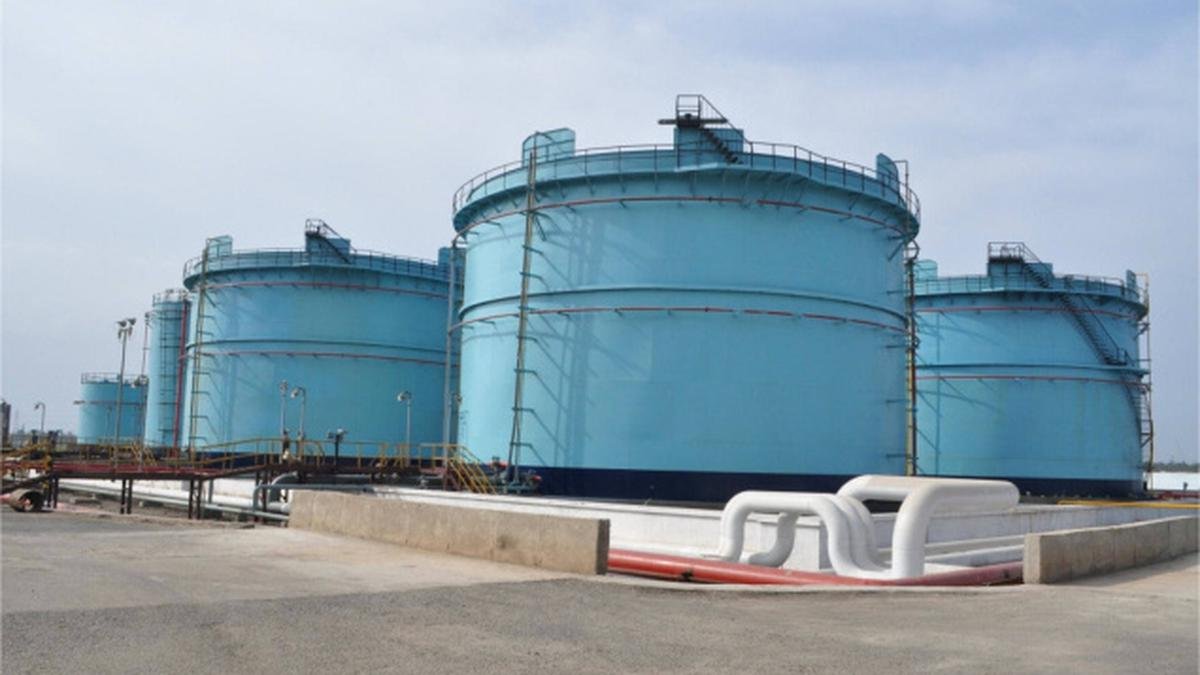News List
HPCL Detects High Chloride in B-80 Crude Oil; HOECL Says No Damage or Liability

The Hindustan Oil Exploration Company (HOECL) has stated it is examining Hindustan Petroleum Corporation Ltd’s (HPCL) concerns regarding crude oil quality from its B-80 offshore field, following reports of unusually high chloride and salt content. While acknowledging HPCL’s observations, HOECL clarified that “no loss or damage or claim is attributable” to the company under the terms of their crude oil sales agreement.
In a statement to stock exchanges on Tuesday, October 28, 2025, HOECL confirmed that it would engage in discussions with HPCL to address the issue. The company assured that it remains committed to resolving the matter and ensuring compliance with contractual and quality standards.
HPCL Reports Corrosion and Processing Issues
A day earlier, on October 27, state-run refiner HPCL disclosed that crude oil supplied by HOECL’s B-80 Mumbai Offshore field contained “very high salt and chloride levels.” According to HPCL, the contaminated crude led to operational challenges at its Mumbai refinery, including corrosion in downstream units and reduced processing efficiency. The refiner indicated it would pursue appropriate claims and damages in accordance with the contract terms.
The B-80 field, located in the Arabian Sea off Mumbai, is operated by HOECL in partnership with Adbhoot Estates Pvt. Ltd. Under their crude sales agreement signed in September 2025, HPCL had lifted approximately 54.6 metric tonnes of crude oil from the field. HOECL stated that the indicative quality of the crude was validated by an independent, approved laboratory in July — a report that was shared with HPCL before offtake and custody transfer. HPCL later conducted its own testing, leading to the current dispute over quality parameters.
Production at B-80 Field Recently Resumed
The B-80 field only recently resumed production after a temporary shutdown in June due to adverse monsoon conditions. Operations restarted in August 2025, following successful re-mooring of the Floating Production Storage and Offloading (FPSO) vessel — a crucial structure used for storing and offloading crude oil. The company noted that both production wells were “under stabilisation” since operations recommenced.
HOECL’s latest communication emphasised that while the matter is under review, the company has acted in full accordance with its contractual obligations and quality commitments. It added that any further course of action would depend on the findings of its ongoing internal examination and discussions with HPCL.
As India’s oil sector continues to expand its offshore operations, the incident highlights the growing complexities of crude quality assurance and refinery processing compatibility. Industry observers say the outcome of this dispute could influence future contractual frameworks between exploration companies and refiners.
